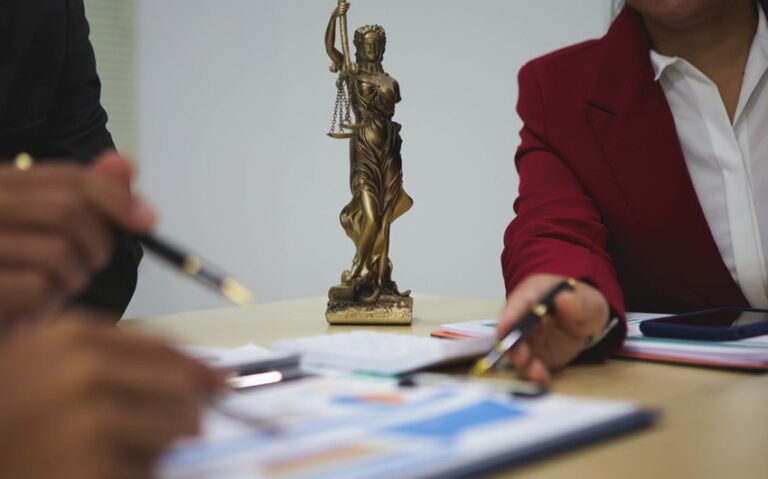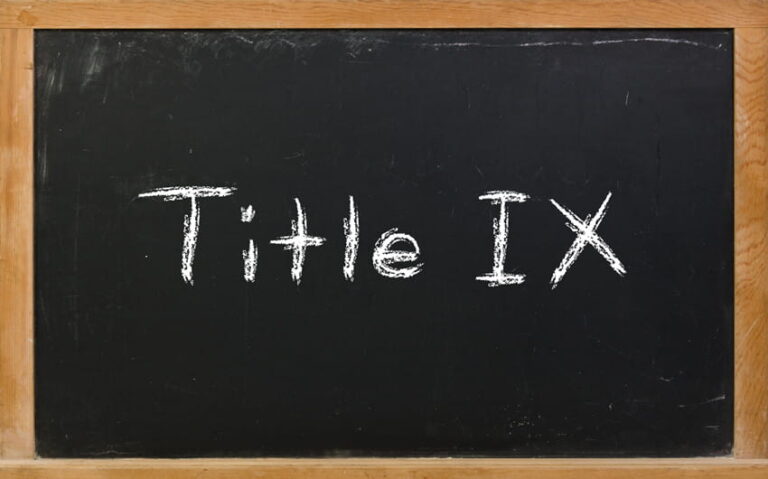5 Situations Where You Should Hire a Bankruptcy Lawyer
Filing for bankruptcy is a big decision – one that carries financial, legal, and emotional weight. And if you’re like most people considering bankruptcy, you may be wondering whether you really need a lawyer or if you can simply file on your own. After all, there are plenty of websites offering “easy” forms, online guides, and do-it-yourself advice.
But bankruptcy isn’t the kind of process you want to navigate blindly. One wrong move can cost you money, assets, or even your chance to get the fresh start you’re looking for. That’s why in many situations, hiring a bankruptcy lawyer is so critical.
If you’re unsure whether your situation calls for professional help, here are five times it absolutely makes sense to call a bankruptcy attorney.
1. When You’re Facing Foreclosure or Repossession
If you’re behind on your mortgage or car payments and the lender is threatening to foreclose or repossess your vehicle, time is not on your side. Bankruptcy, when handled correctly, can stop these actions immediately through something called the automatic stay.
But knowing when to file, how to file, and which chapter to file under can be the difference between keeping your property or losing it.
For many people in this situation, a Chapter 13 bankruptcy is often the best tool because it allows you to catch up on missed payments over time while still protecting your home or car.
As Reed Law Firm, P.A. points out, “Chapter 13 can afford you the cushion of time you need to catch up with your bills and get back on track. This can include your mortgage and your car payment.”
That “cushion of time” is invaluable – and not something you want to risk handling on your own. A bankruptcy lawyer will help you calculate a realistic repayment plan and ensure the court approves it.
2. When Your Debt Situation Is Too Complex for DIY Filing
Not all debt is created equal. Some debt can be wiped out easily through Chapter 7, while other debt – like taxes, child support, student loans, or secured loans – requires far more strategic planning.
Some questions you might need answers to:
- Can your tax debt be discharged?
- What happens if you co-signed a loan?
- How will a bankruptcy impact your business or rental properties?
- Which assets are exempt in your state?
- Are you eligible for Chapter 7, or does your income require Chapter 13?
If your situation involves multiple types of debt, court judgments, lawsuits, business ownership, or significant assets, the risk of making a mistake is extremely high.
Bankruptcy law isn’t intuitive – and without someone who understands the intricacies of exemptions, income tests, and court procedures, you could end up losing more than you expect or getting your case dismissed altogether.
A bankruptcy lawyer’s job is to protect you from that. They’ll look at your entire financial picture, identify risks, and help you file under the chapter that protects the most of what you own.
3. When Creditors Are Harassing You or Suing You
If your phone rings nonstop with collection calls or you’ve already been hit with lawsuits, wage garnishment, or bank account levies, you’re in deep enough that legal help is no longer optional – it’s necessary.
Creditors have entire legal teams trained to pressure you into paying, even when bankruptcy might wipe out the debt entirely. And once lawsuits start, you’re dealing with deadlines, court filings, and legal procedures you’re expected to understand.
Bankruptcy lawyers stop the chaos. Once your attorney files your case, the automatic stay immediately halts things like lawsuits, garnishments, collection calls, foreclosures, and repossessions.
This protection takes effect instantly. And with a lawyer handling communications, you no longer have to worry about saying the wrong thing or missing a deadline that could cost you.
4. When You Don’t Want to Risk Losing Your Assets
One of the biggest fears people have about bankruptcy is losing everything – their house, their savings, their car, even their personal belongings. Fortunately, that’s not how bankruptcy works for most people.
But each state has its own exemption rules, and knowing what you’re allowed to keep can be confusing without help. In some cases, assets can be protected under federal exemptions, state exemptions, or even specific legal strategies your lawyer can use when preparing your case.
If you file on your own and misinterpret an exemption rule (or apply the wrong one), you risk unnecessary liquidation of assets that otherwise could’ve been protected.
A bankruptcy lawyer helps you maximize your exemptions and protect the assets you want to keep. They’re also experienced with the process, which means you avoid costly procedural mistakes.
5. When You Want the Best Chance at a Fresh Start
The ultimate goal of bankruptcy isn’t punishment – it’s a second chance. But achieving that clean slate depends heavily on whether your case is done correctly. A simple paperwork error, missed deadline, or miscalculation can lead to your case being dismissed.
And once that happens, creditors can resume collections, and you may lose eligibility for certain bankruptcy protections for months. Having a bankruptcy lawyer ensures your case is accurate, complete, and filed correctly from the start. They’ll:
- Guide you through required courses
- Prepare and file all documents
- Represent you at hearings
- Negotiate with creditors
- Prevent costly mistakes
- Help you rebuild credit after bankruptcy
You don’t want your financial future hinging on guesswork. A lawyer gives you skill, strategy, and certainty during a time when everything feels unstable.
Adding it All Up
Your financial future matters. And when everything feels chaotic, having a professional in your corner can make all the difference. If nothing else, set up a free initial consultation with an experienced bankruptcy attorney and get their thoughts on your situation. This will give you some helpful information that’s tailored specifically to your situation.







